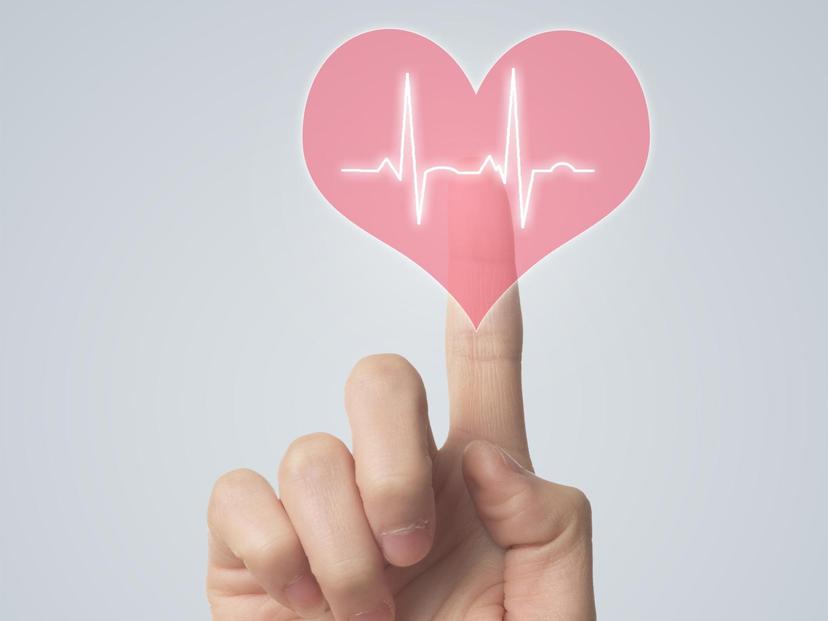16 ноября 2021
Helicobacter: Treat or Ignore?


16 ноября 2021
Helicobacter: Treat or Ignore?
Just 20 years ago, most gastroenterologists believed that stomach discomfort was caused by an unhealthy diet: an abundance of fatty, spicy, fried foods, irregular meals, and a lack of cereals and soups in the diet.
However, the Helicobacter Pylori bacterium was discovered and took the blame for everything. Helicobacter Pylori was discovered by Australian scientists Robin Warren and Barry Marshall, who received the Nobel Prize in 2005 for their discovery.
The bacterium got its name from the environment it lives in the pyloric section of the stomach. The bacterium has flagella, thanks to which it moves freely along the walls of the stomach, or fixes itself to them. But the most unpleasant aspect of it is that it is so tenacious it even tolerates the effects of gastric juice—hydrochloric acid.
## How do you get infected?
There are four ways to get infected with Helicobacter: ===through contact with poorly sterilized medical tools, consuming dirty water or food, using someone else's toothbrush, or using poorly washed cutlery. But the good news is that while Helicobacter Pylori can cause gastritis in all infected people,===in most cases the bacterium will not show unless other risk factors are present.
The clinical symptoms of Helicobacter Pylori can manifest themselves in five different ways.
__Asymptomatic form:__ when a person is simply a carrier of Helicobacter Pylori. The bacterium itself does not bother the carrier, but it becomes infectious to others if hygiene is not observed.
__Acute gastritis:__ in this case, the patient complains of epigastric pain, nausea, discomfort after eating.
__Chronic gastritis:__ the most common form caused by Helicobacter Pylori. Patients complain of constant heartburn, a feeling of fullness in the stomach, hard digestion, excessive gas production, and cramping in the intestinal area — even on an empty stomach.
__Chronic gastroduodenitis:__ food disorders, nausea, and sometimes vomiting. Loss of appetite and weight loss are common due to the lack of food.
__Stomach ulcer:__ manifested by pain in the stomach, the appearance of white plaque on the tongue, nausea, intestinal gas, vomiting, indigestion, heaviness in the abdomen after eating, heartburn.
It goes without saying that should any of these symptoms appear, you should consult a doctor.
## What will doctors offer you?
To begin with, diagnostics will be carried out using one of the following methods:
- Histological examination of material from the gastric mucosa, including examination of the mucous membrane of both the antrum (the lowest part of the stomach, which passes into the duodenum) and the center of the stomach.
- Fast urease test with color indicator during gastroscopy.
- С13-urease breath test (92 percent reliability).
- Helik-test (30 to 80 percent reliability).
- Determination of antibodies to Helicobacter IgM and IgG in the blood.
- Analysis of Helicobacter antigens in the feces.
Should the presence of Helicobacter be confirmed, the doctor will prescribe treatment.
In the past, most patients have prescribed Proton Pump Inhibitors (PPIs), which are drugs used to treat heartburn, acid reflux, gastroesophageal reflux disease (GERD), and stomach ulcers. Recently, however, the effectiveness of PPIs in most countries worldwide has been declining.
Modern treatment recommendations are complex 14-day antibiotic therapies. More specifically, traditional drugs and antibiotics are recommended, along with the prescription of the least common methods. Increasing resistance of Helicobacter to antibiotics has been proved worldwide — especially the frequently used clarithromycin.
For example, in Austria, the level of resistance of Helicobacter to clarithromycin has exceeded 30 percent.
## Rushing for the doctor?
The most important question is, should everyone really undergo tests and treat Helicobacter, even if it does not manifest itself in any way? Doctors say no.
Asymptomatic patients should monitor their gastrointestinal tract, try to adhere to proper nutrition, and lead the healthiest lifestyle possible. Additionally, doctors have stopped the practice of treating all family members if only one is affected by Helicobacter.
In summary, it is likely that you have already been infected with Helicobacter or will become infected during your lifetime. However, thanks to modern-day high-quality antibiotics, it is likely that recovery will be quick. Always remember to take antibiotics only under the strict directions of your doctor.













